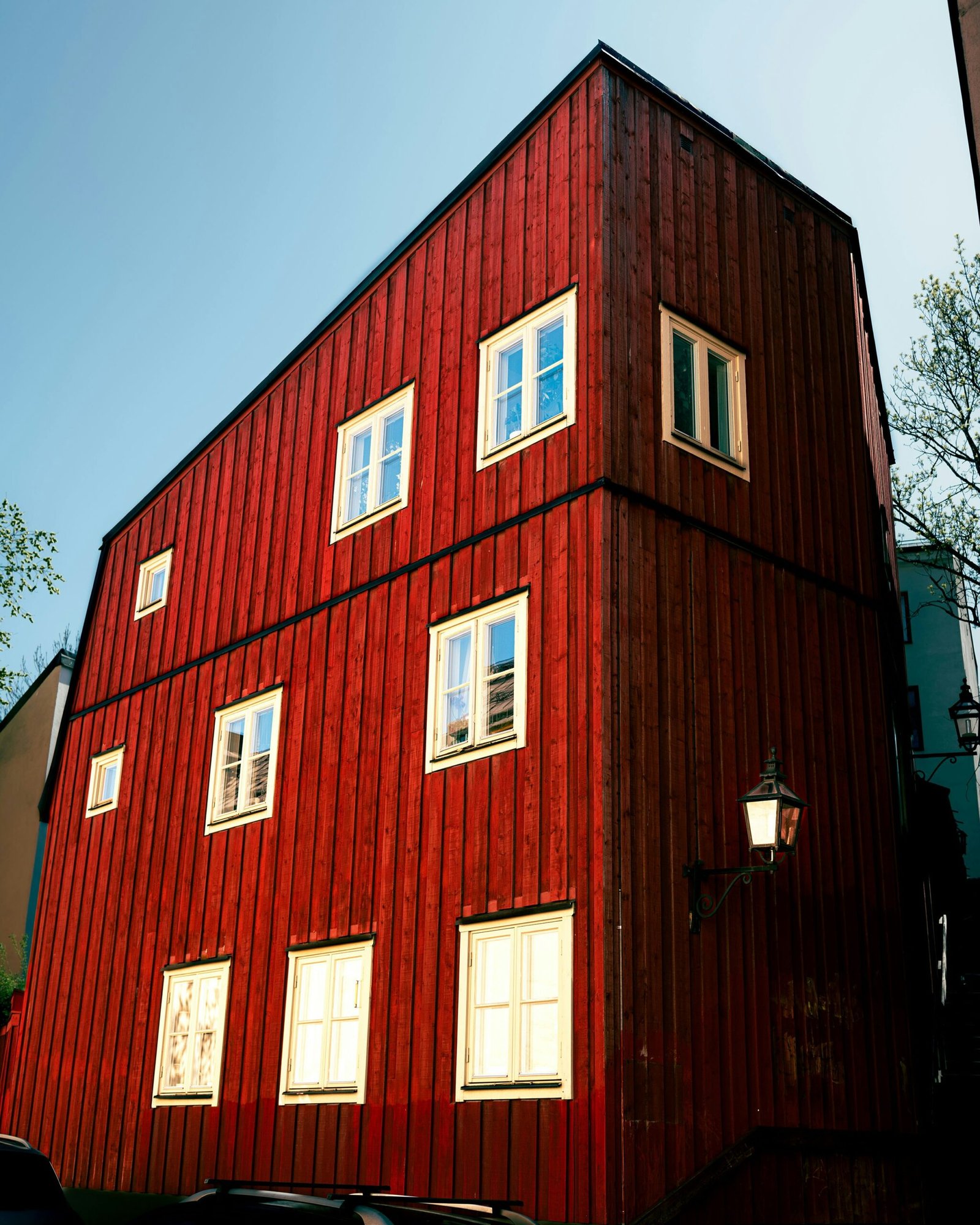Category: Blog

Analyzing the Environmental Considerations and Impacts of PVC Usage
•
Introduction to PVC and its Ubiquity Polyvinyl Chloride, commonly known as PVC, is a synthetic plastic polymer that has become integral to various industries due to its versatile properties. Chemically composed of 57% chlorine and 43% carbon, sourced primarily from salt and hydrocarbon feedstocks respectively, PVC is produced through the…
A Comprehensive Guide to the Use and Benefits of PVC Tire Killers
•
Introduction to PVC Tire Killers PVC tire killers are essential tools in the realm of vehicle control and road security. Their primary function is to regulate vehicular access and amplify the security of designated areas, such as parking lots, restricted zones, and private roads. Constructed mainly from polyvinyl chloride (PVC),…

Exploring the Dual Benefits of PVC Wall Corner Guards
•
Introduction to PVC Wall Corner Guards PVC wall corner guards serve as protective devices designed to preserve the integrity of wall edges and corners. These corner guards are fabricated from Polyvinyl Chloride (PVC), a versatile and durable plastic material frequently used in various industrial applications due to its resilience and…

Assessing the Effectiveness of PVC Speed Bumps in Traffic Control
•
Introduction to PVC Speed Bumps PVC speed bumps are a specialized form of traffic control devices that have gained traction within the industry due to their unique composition and notable advantages over traditional materials. These speed bumps are primarily constructed from polyvinyl chloride (PVC), a versatile and durable plastic, which…

Exploring the Latest Technologies and Methods in PVC Recycling
•
Introduction to PVC Recycling Polyvinyl chloride, commonly known as PVC, is one of the most widely used plastics in the world. Its versatility and durability make it an essential material in various industries, including construction, healthcare, and consumer goods. PVC is frequently found in products such as pipes, electrical cable…
Exploring How PVC is Used for Electrical Insulation and Its Benefits
•
Introduction to PVC in Electrical Insulation Polyvinyl Chloride (PVC) has become a cornerstone material in the field of electrical insulation due to its exceptional properties. Formed through the polymerization of vinyl chloride monomers, PVC boasts a unique chemical structure that offers significant advantages in various applications, particularly within the construction…

The Crucial Role of PVC Pipes in Residential and Commercial Plumbing Systems
•
Introduction to PVC Pipes Polyvinyl Chloride, commonly known as PVC, is a synthetic plastic polymer that has become a foundational material in modern plumbing systems. PVC pipes, made from this versatile polymer, have revolutionized how both residential and commercial plumbing systems are designed and implemented. Composed primarily of vinyl chloride,…

Analyzing Eco-Friendly Practices in the Production of PVC Products
•
Introduction to PVC and its Environmental Impact Polyvinyl chloride (PVC) is a highly versatile and durable plastic, extensively utilized across numerous industries, such as construction, healthcare, and automotive sectors. Its inherent properties, including resistance to corrosion, lightweight nature, and cost-effectiveness, make PVC products indispensable in modern applications. From plumbing pipes…
Enhancing Infrastructure Safety: The Advantages of Using PVC Speed Bumps, Wall Corner Guards, and Tire Killers
•
“`html Introduction to Modern Safety Tools: PVC Speed Bumps, Wall Corner Guards, and Tire Killers The modern pursuit of enhancing infrastructure safety has led to the adoption of various innovative tools designed to mitigate risks and protect both people and property. Among these, PVC speed bumps, wall corner guards, and…
The Role of Backer Rods in Enhancing Water Retention Structures for Joint Sealing and Durability
•
Backer rods are cylindrical, flexible foam rods used in construction to create a backing for sealants in joints and cracks. Typically made from closed-cell polyethylene foam, they are integral to ensuring the longevity and effectiveness of joint sealing processes. These rods are inserted into the joint or gap before the…






